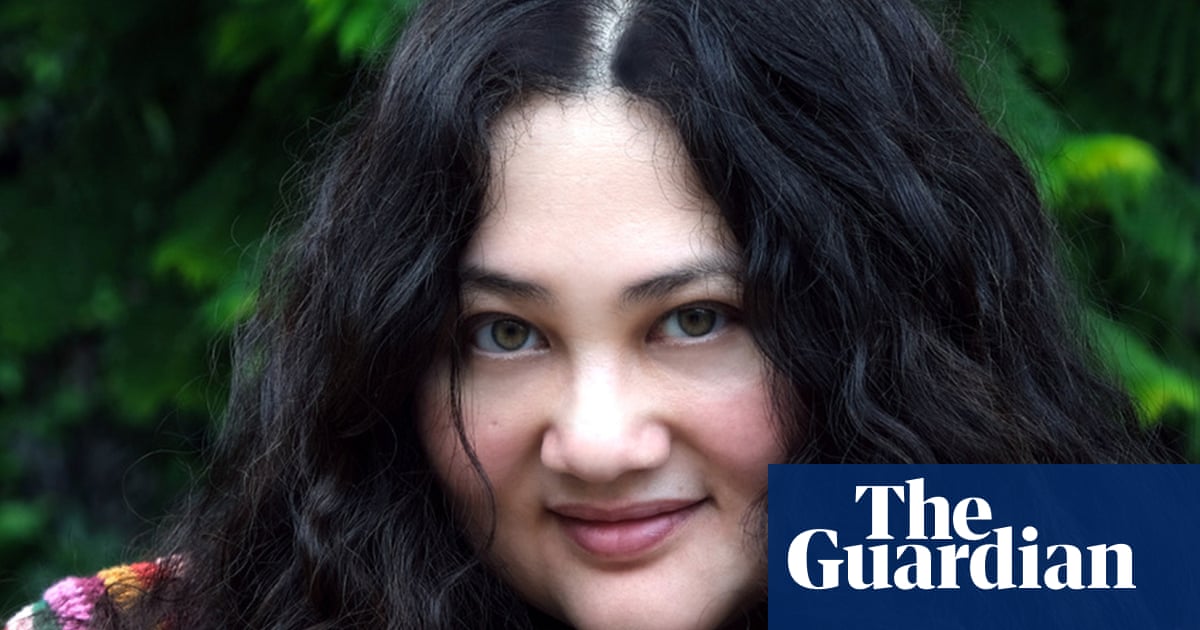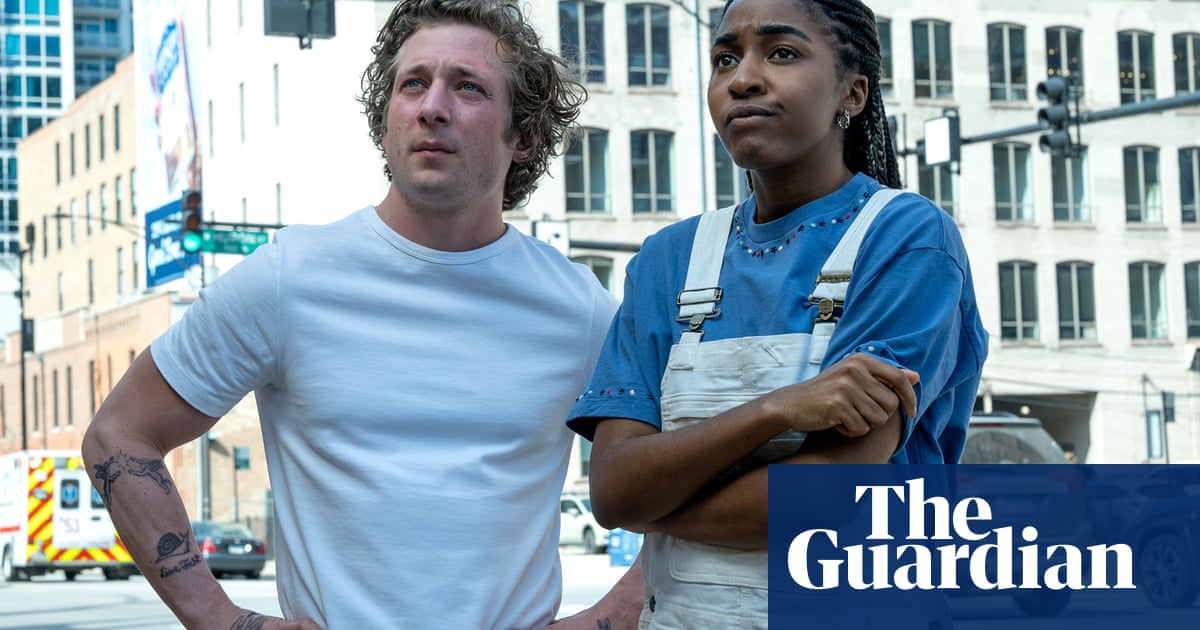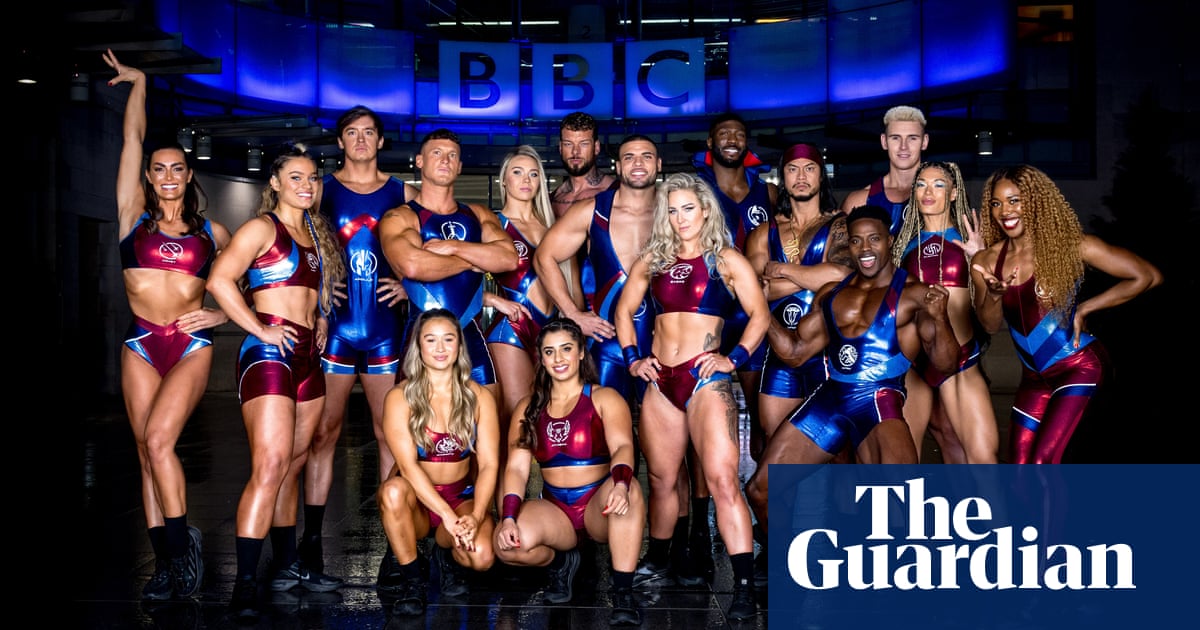
Tomorrow, and Tomorrow, and Tomorrow’s distinctive cover, with its image of Hokusai’s woodblock print The Great Wave off Kanagawa and retro rainbow lettering, seems to be everywhere at the moment: in the centre of bookshop window displays, poking out of handbags, lying on beach towels, all over Instagram. Gabrielle Zevin’s story of love and friendship between two game designers has become a word-of-mouth hit since it came out last year, gaining famous fans including Bill Gates, Zadie Smith and actor Simu Liu, who called it “a masterpiece”.
The paperback edition, published at the end of June, climbed to the top of the UK bestsellers chart in July, knocking David Walliams and Adam Stower’s The World’s Worst Monsters from the No 1 spot, and overtaking It Starts with Us, the most recent romance novel by the queen of BookTok, Colleen Hoover. It has remained at the top of the chart for three weeks so far. “Few books in recent memory have been so universally beloved by booksellers and customers,” says Bea Carvalho, head of books and campaigns at Waterstones.
Zevin, who is based in LA, has been quick to acknowledge the role booksellers’ support has played in her novel’s success in the UK. While on a publicity tour here earlier in the summer, she was delighted that she could walk past “almost any bookstore” and find her book in the window. One evening in particular stands out from that tour: 4 July. After an event, at around 1am, she saw a fireworks display from her hotel room window. “I did not see anyone else watching these fireworks! It felt like they were being put on just for me, though of course they couldn’t have been,” she says. “That’s what it feels like to be the No 1 bestseller in the UK.”
Tomorrow has already seen great success in the US, the hardback edition spending 33 weeks on the New York Times bestseller list and Amazon naming it the best book of 2022. Although Oprah Daily mistakenly called it “one of the year’s most ingenious debuts”, New York-born Zevin had actually written nine novels before this one, for both adults and teenagers, but this is the first published by Penguin Random House (PRH) in the UK.
After a childhood spent largely in Boca Raton, Florida, Zevin studied English at Harvard, where she met her partner, the film director Hans Canosa. Five years after graduating, in 2005, she had her first two books published: Margarettown, about a young man who gets caught up in an alternative reality after falling in love with a woman called Margaret, and Elsewhere, a young adult novel that follows a teenage girl who dies in an accident and wakes up in an afterlife in which everyone ages backwards until they are reborn. Though critics praised Margarettown, it was Elsewhere that was the commercial success, selling more than 350,000 copies.
It was also in 2005 that Conversations With Other Women came out, a film starring Helena Bonham Carter and Aaron Eckhart for which Zevin wrote the screenplay, and which Canosa directed. Zevin and Canosa worked together on the film version of Zevin’s 2014 novel, The Storied Life of AJ Fikry, a book that was a bestseller in the US but didn’t cut through in the UK (new editions of both this novel and another from Zevin’s backlist, Young Jane Young, will be reissued by their publisher Little, Brown in October, with covers in the style of PRH’s Tomorrow).
But Tomorrow is the first novel the 45-year-old author has written about video games, despite being a lifelong gamer. Both her parents worked for IBM, and her father, a programmer, brought home a work computer in the early 80s that was preloaded with games such as Alley Cat and Jumpman. Zevin realised that she was part of “the first generation of people to play video games as children”, and that “the entire history of modern video game design was contained within my lifetime”.
That was the seed of Tomorrow: “I wanted to tell a story that was a coming-of-age of two artists and was also the coming-of-age of an industry.” So Sam and Sadie, who bond as children playing Super Mario Bros in a hospital ward, and reconnect as adults when they break into this new – and at times toxic – industry, came into being.
Many non-gamers who have enjoyed the novel will begin their recommendation by saying “it’s about video games but …”, as if a book on this subject needs a caveat in order to appeal to readers of conventionally “literary” fiction. Zevin seems keen to challenge such preconceptions: the novel’s title is a reference both to the possibility of “infinite rebirth” offered by video games, and a quote from Macbeth’s soliloquy about the meaninglessness of life.
This summer the title will sit alongside Richard Osman and Colleen Hoover on supermarket shelves for the first time, while also fronting literary fiction displays at independent bookshops. Emma Corfield-Walters is the owner of bookshop Book-ish in Crickhowell, Powys, where Tomorrow is among the current top sellers. She agrees that the novel has “a foot in both camps”, in that it is both “literary” and “commercial” fiction. “I want my book club to read it, because there are some fantastic literary snobs there,” she says, with a laugh.
Zevin believes that “everything” in her life led up to the writing of the book. “I remember saying to my partner that I didn’t care what happens with this book because I was happy with the work.” However, she admits there is “a magic when any given book resonates”.
What she wasn’t expecting was for so many readers to approach her at events and say they felt that she wrote it “for them”. “It’s amazing, because it’s many different kinds of people. I don’t have one kind of reader. And these readers are coming at the book from so many different angles,” Zevin says. “It’s heartening to see people engage with my book that way. Or any book. But more exciting for me when it’s mine!”
Tomorrow, and Tomorrow, and Tomorrow by Gabrielle Zevin is published by Vintage (£9.99). To support the Guardian and Observer, order your copy at guardianbookshop.com. Delivery charges may apply.












